Description
MUSELLA lasiocarpa is one of the plants that create an exotic atmosphere in the garden. It is a Chinese dwarf banana which will not exceed 1 m to 1.50 m. Its foliage is bluish.
However, the real show begins when it starts to develop its beautiful, large yellow flower (see photo). It has a diameter of approximately 20 cm and is very similar to that of a lotus. As incredible as it seems, it is one of the few flowers in the plant world that lives for several years! Yes, you read that right, the same flower lasts for many years. This statement is based on our experience in the nursery, where the flower even survived temperatures down to −4 °C (in a sheltered space).
Like the majority of the perennials we produce, this one is also multiplied by division to guarantee you a beautiful and healthy plant from the start.
To view our other perennials currently available for sale, please click here.
How to plant MUSELLA lasiocarpa
You can plant this Chinese dwarf banana tree in the ground or in a pot. If you plant it in the ground, you must protect it in winter. It will then start from zero each year. While if you keep it in a pot, you must protect it from freezing in winter (before the first frosts). It will thus continue to grow from year to year.
Plant it or position it in full sun. For the record, the pots are mostly used on the terrace or balcony. However, consider placing them in a bed with other plants as well.
For a good preparation of the pot, we have designed specific instructions available here.
History and origin
This species is also called the Chinese dwarf banana or the rock banana (translation of the Chinese name). The English also call it golden lotus banana.
MUSELLA lasiocarpa is endemic to the Chinese provinces of Sichuan, Guizhou and Yunnan. It grows there at altitudes up to 2,500 meters. It also bears the synonym of MUSA lasiocarpa.
If its ecoregion is indicated as “subtropical”, it grows naturally in fairly dry and cold mountainous environments.
This marvelous plant has been awarded the distinction of Garden Merit by the RHS (Royal Horticultural Society).
However, it was believed to be extinct in its natural habitat. Finally, it was back in 2004 and 2019 that populations were found in Yunnan.
Although this species is now classified as threatened, it is still used as fodder or for weaving ropes.

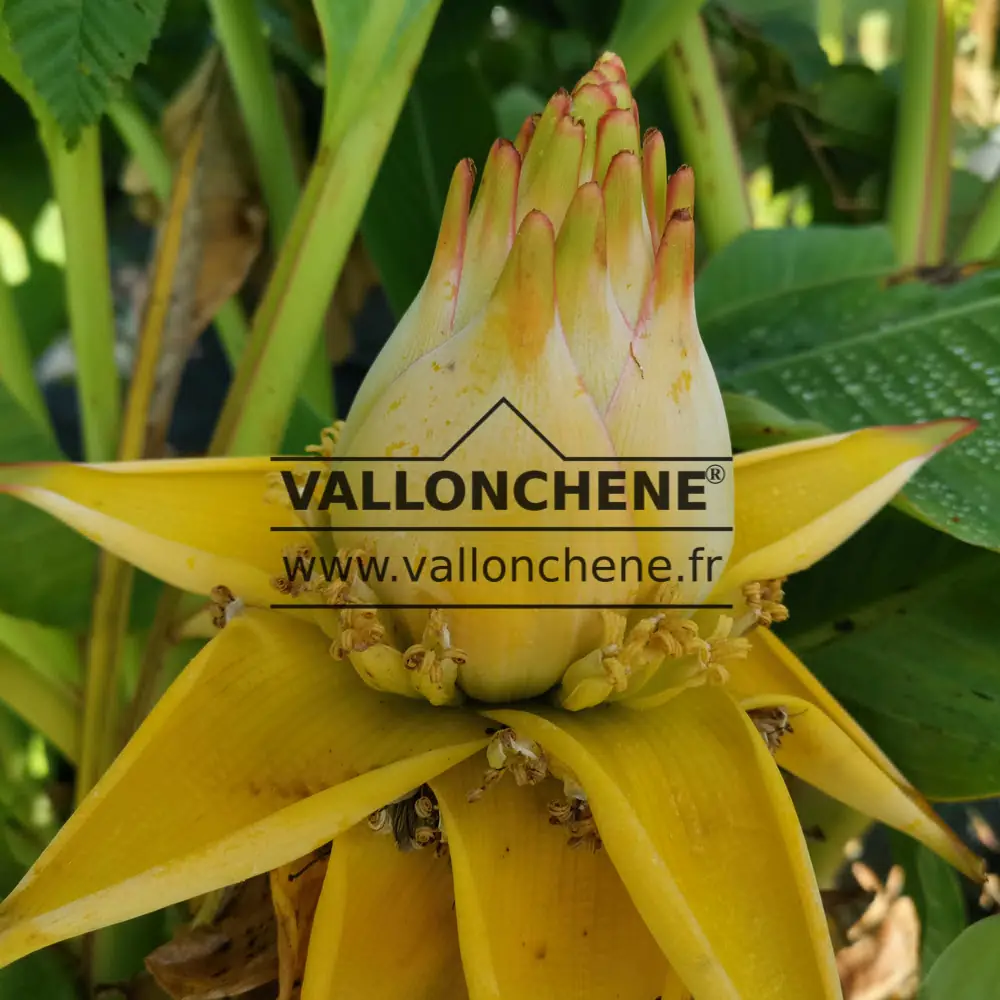
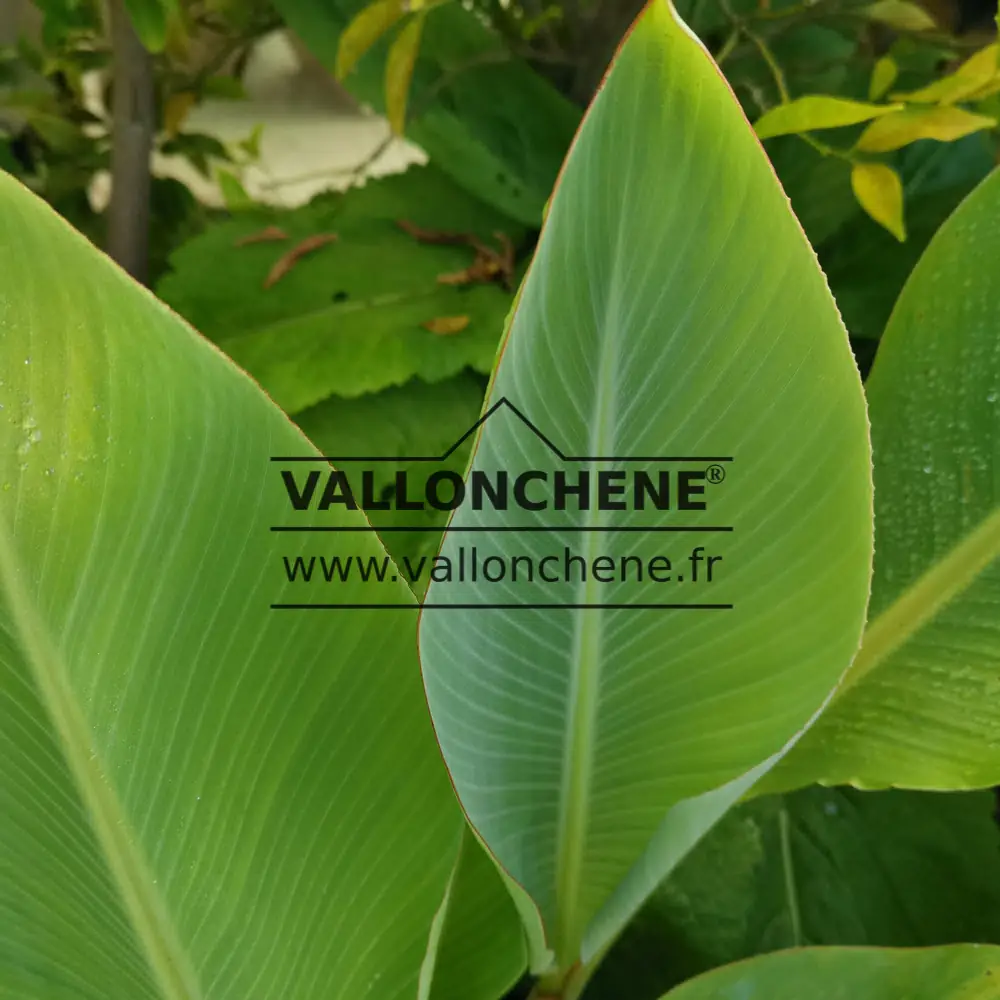
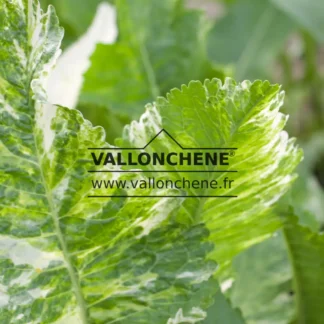

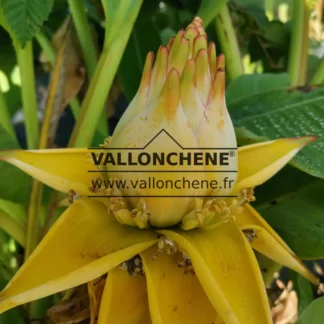
Reviews
There are no reviews yet.